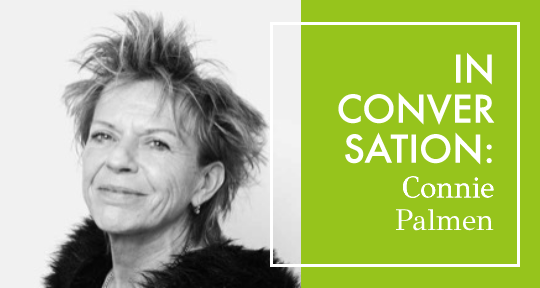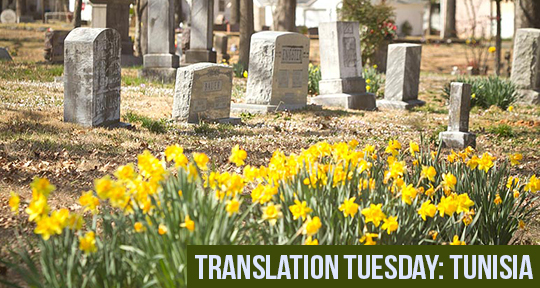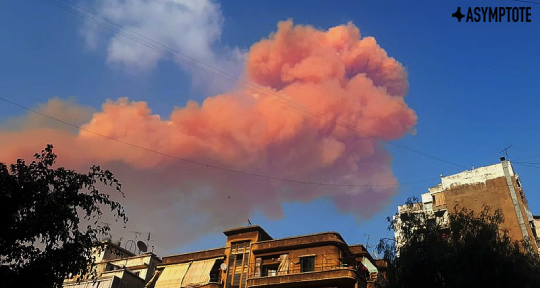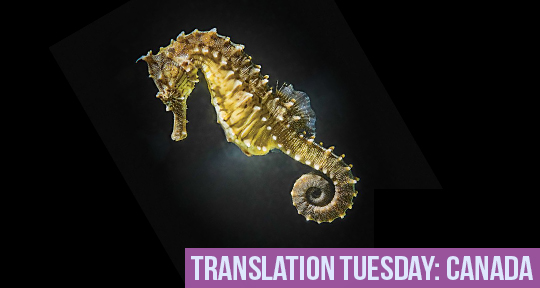Launched four days ago, our blockbuster Summer 2023 issue gathers never-before-published writing from a remarkable thirty countries—including a spotlight on Indonesia. Don’t know where to begin with this thrilling mélange of established and emerging voices? To help you dip your toe into this brand-new edition brimming with literary gems, our blog editors take you through their favorite pieces. Read on!
Within the tensions of unrequited love, the transformative faculties of ardor conduct their most astounding magic. Time is stretched to its utmost limits, unbound feelings hit a multiplicity of extremes, and the physical proof of reality collapse under the extraordinary pressures of belief. There’s not a lot of happiness that can be found amongst the shifting phantasms and polarities of this condition, but there is plenty of beauty, of poetry, of hope and awe, all of it stemming from nothing but the imagination in overdrive, sparked brilliantly alive by the beckoning figure of desire.
There are many examples of such love to be found in life and art, but one that seems particularly difficult to understand is the love of a fan. The indulgent culture of fandom gives free reign to displays of love-as-devotion, ranging from pedestrian claims of destiny to reckless acts of sacrifice—and because it often inflicts the young and the hyperbolic, its passions are seen as lacking any certifying element of truth. A one-sided, disingenuous, superficial love. But just try telling that to a fan.
In an excerpt from her novel, Phantom Limb Pain, Heejoo Lee does much to redeem this expressive, unrestrained love. Tracing the contours of a fan’s deep—even vicious—adulation for an idol, Lee’s forthright prose, translated with a sensitive colloquiality by Yoojung Chun, reaches a tender, natural honesty, describing an emotion that gives a rhythm to the days and months, a thrill to the pedestrian events of waiting and wanting, and a vividity to the fantasies making life more beautiful. Manok, the young woman who paves the way for our nameless protagonist into fandom, is “downright shameless,” keenly following her idol’s every move, openly displaying her possessive jealousy, and attributing her love to an act of God. Being a fan in South Korea’s multibillion-dollar idol industry is nothing less than laborious; fans religiously attend promotional events, spare no expense in purchasing goods and merchandise, and “pour their hearts out” at every opportunity. From the outside, one is made to wonder what any individual gets out of this all-consuming lifestyle, and here, Lee explains it to us through Manok, with the eloquence of absolute sincerity:
Their presence stayed mysterious over repeated encounters, and it refused to be locked into language. Their real presence rendered everything in high relief, so that everything—even their shadows or things that might be their shadows—became amazing to me.








